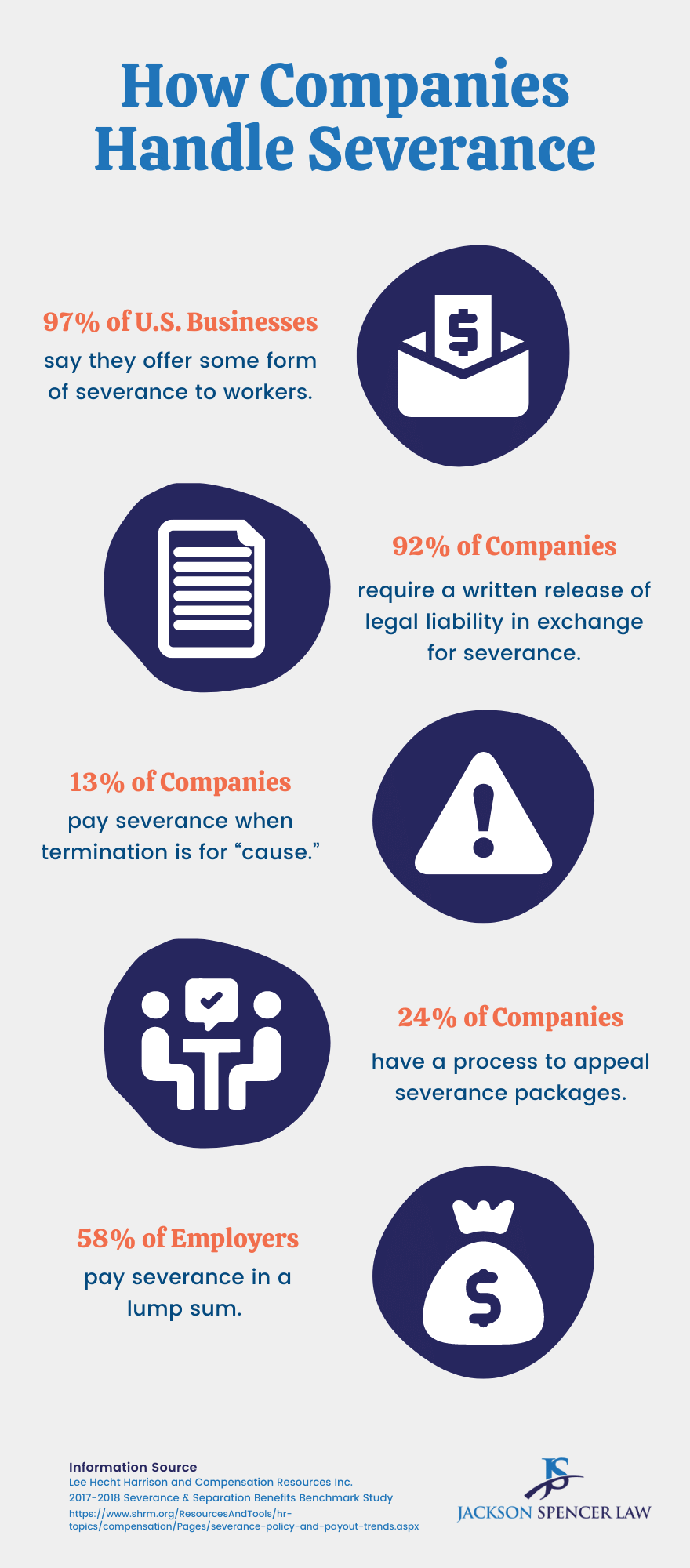Family Lump Sum Policy - Even if you're convinced that buying life insurance is the right call to protect your loved ones, there's still a lot to figure out. It is not enough just to know that you want politics. You also need to understand how the money you give your loved ones after you die - your death benefit - will be paid to them. Can they expect a lump sum payment or will they receive the money in installments? If the former, is the life insurance lump sum taxable? Clearly, there is a lot to consider.
But first, what is lump sum insurance or comprehensive insurance? Lump sum life insurance means that the people you have named on your policy (your beneficiaries) to receive the benefit in the event of your death get a lump sum. For example, let's say you have a $500,000 death benefit policy. When you die, if your policy provides a life insurance lump sum payment, your beneficiaries will receive the entire $500,000 lump sum.
Family Lump Sum Policy

But before we get into the benefits of lump sum life insurance, there's another type of lump sum life insurance we should quickly discuss: single premium life insurance.
Death & Survivor Benefits
While the lump sum is usually discussed at the end of the policy in relation to the death benefit payment, there is a possibility that it may be included in the front-end discussions as well. Some people ask: Is it possible to pay whole life insurance in a lump sum? Can it be insured?
In some cases, you can pay a lump sum to lock your policy in place. This is called single premium life insurance or prepaid life insurance. Generally, if a policy has a lump sum life insurance premium option, it will be a whole or permanent policy, meaning it will be in effect for life.
A lump sum life insurance policy can save you from budgeting for recurring premiums over the years, but it usually means you get a lot more money to pay off the entire policy. For most people, this is not the best option for their cash flow.
Now that you know when a lump sum can be applied to a life insurance policy premium, let's move on to a more common use of lump sums in life insurance: paying death benefits.
How Does Life Insurance Work? The Process Overview
Traditionally, yes. As the life insurance market has evolved, more options have come into play, such as an annuity plan that pays a death benefit in installments. But lump sum life insurance is the most common method of paying death benefits and many life insurance providers consider it a default option for their policies. Because it is a common option, you can easily find both lump sum life insurance and lump sum whole life insurance.
But does life insurance automatically pay out in a lump sum? no. To get a life insurance lump sum payment, the beneficiaries listed in the policy have to submit a claim. In other words, the life insurance provider will not track them and will not give them a check. They will usually need the policy and death certificate to make this claim.
From there, assuming there are no hiccups due to the death investigation, beneficiaries can typically expect to receive their life insurance lump sum payment in about 30 to 60 days.
:max_bytes(150000):strip_icc()/universallife.asp_final-89869733efb04ea985873df2c74f4e3f.png)
Then comes the question of what to do with the life insurance lump sum. Beneficiaries can spend this amount as they wish. In most cases, beneficiaries use at least a portion of the death benefit to pay for funeral expenses (if they do not have funeral insurance).
Can I Sell My Term Life Insurance Policy?
Beneficiaries can also take this payment and work towards its development. You can put it in a high-yield savings account or invest it, for example, to ensure financial success for yourself and your dependents in the future.
This can be both a blessing and a curse. While this provides immediate financial relief—especially if the beneficiaries are now dependent on the deceased's income—it can also be difficult. If the death benefit is to continue for a certain period of time (for example, until the children finish college), the beneficiary must ensure that the money is managed responsibly over the years.
In other words, lump sum life insurance may not be the best option for all situations. So, you want to decide between single or annuity life insurance.
As an alternative to lump sum life insurance, some insurance providers offer death annuity policies. This basically means that instead of getting the full death benefit at once, the structured installment plan kicks in after the claim is approved. At this point, the beneficiary starts receiving a certain portion of the death benefit at regular intervals until the entire benefit amount is paid.
All You Need To Know About Life Insurance
Is it better to choose a lump sum life insurance or an annuity? It depends on the situation of your loved ones. If you know you're going to leave them with a significant amount of debt, a lump sum can help them clear it and avoid paying interest. But if financial planning is an added challenge you don't want to leave behind, then structured payments for your loved ones may be a better option.
If you want help deciding between lump sum life insurance or payments, our team here with our expertise, can guide you through the pros and cons of your options.
You can decide which amount is best for your loved ones. Or you may already have a lump sum life insurance policy. Either way, you'll probably want to know whether individual life insurance proceeds are taxable. This flat tax on life insurance benefits could leave your family with far less than you planned.

Good news. "Generally, life insurance proceeds that you receive as a beneficiary upon the death of the insured are not included in gross income and you do not have to report them," the IRS says. With the green light from the IRS, beneficiaries don't have to worry about including lump sum life insurance payments on their annual tax returns. And that means they usually don't have to pay a flat tax on their life insurance benefits.
Insurance. What Is Life Insurance? Provides Financial Support (cash) To Your Family Or Other Dependents After Your Death. This Cash, Known As The Death.
However, there are cases where the life insurance lump sum is taxable. In particular, any interest earned on this amount is taxable. Suppose your beneficiary takes a life insurance lump sum and deposits it in a high-yield savings account. While the initial lump sum payment is not subject to tax, any interest earned on the account is. To be fair, any interest you earn on any bank account, certificates of deposit (CDs), money market accounts, many types of bonds, etc. is taxable according to the IRS. So it's not really the life insurance lump sum that's taxable, it's the interest - just like with almost any other interest-bearing account.
In short, is lump sum life insurance taxable? Generally, no. But if you plan to earn interest on that lump sum, be prepared to report that interest to the IRS and pay taxes on it.
Life insurance annuities are a slightly different animal. Generally, the death benefit remains with the life insurance provider and is the one who distributes the benefit in installments over time. This amount is kept in a dedicated account, for payments to the beneficiaries as per the agreed schedule.
The good news and the bad news is that the account is usually interest-bearing after death. This therefore means that the beneficiary can expect very little improvement in the portion of the death benefit that has not yet been received. But that also means they earn interest on that death benefit, and — you guessed it — that interest is taxable.
The Child Tax Credit
Still, since the interest earned there (as in a high-yield savings account) is the benefit of the death benefit, taking a little higher for taxes probably won't hurt much. The beneficiary still receives the full benefit on death, but only has to worry about paying tax on the interest earned on it.
Paying a death benefit is what makes a life insurance policy a powerful tool for protecting what's most important to you and leaving a legacy. If you want help learning about life insurance - including choosing the right death benefit amount and whether to leave it as a lump sum or annuity - we're here. Don't hesitate to contact our team of life insurance experts today. At the end of the day, whether your loved ones receive your death benefit in a lump sum or in installments can make a big difference in their financial well-being after you're gone. With money to help them transition to life without you, they don't have to worry about replacing your income, managing your arrangements.
Lump sum settlement calculator, lump-sum, lump sum annuity payout, lump sum policy, lump sum cancer insurance, lump sum divorce settlement, best lic policy for lump sum, lump sum relocation policy, lump sum, lump sum insurance policy, lump sum vs annuity, lump sum pension rollover
0 Comments